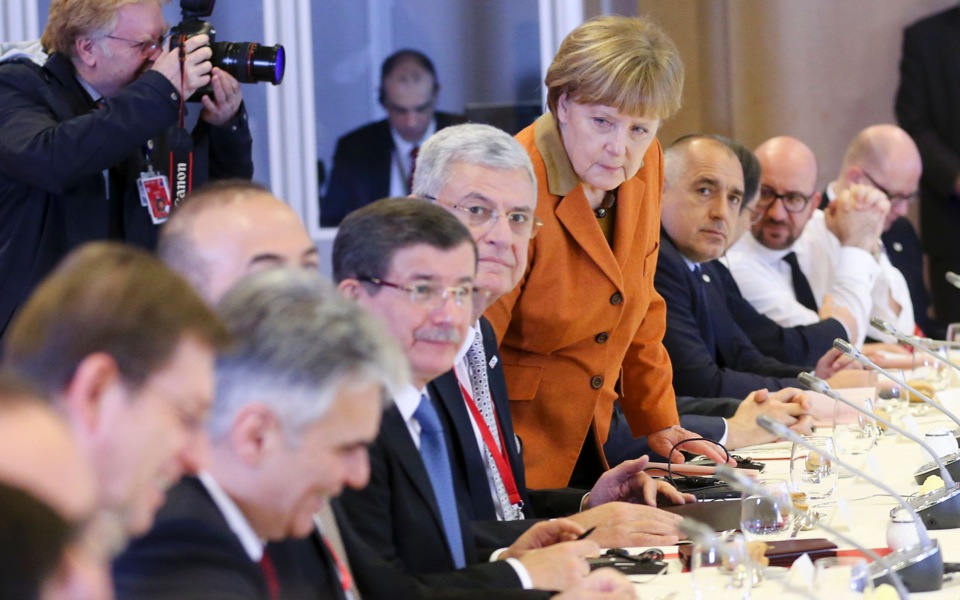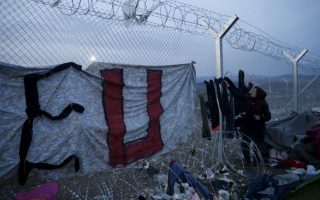Inevitable developments

Turkey has emerged as the catalyst for European stability and the refugee crisis as a dynamic force in the shaping of ties between the country and the European Union. No European citizen who thinks in rational political terms can object to the turn of events and neither can anyone argue that the European Union has become a tool to fulfill Ankara’s ambitions.
The interesting thing is that the policy decided at Monday’s summit in Brussels was put into motion gradually, starting with German Chancellor Angela Merkel, who, with then French president Nicolas Sarkozy, had raised obstacles to the progress of talks between Ankara and the EU by evoking Turkey’s shortcomings vis-a-vis the principles and rules that govern Europe.
Of course these shortcoming have only become more acute since then but this did not prevent an impressive about-face by the European leadership this week. Ultimately, everyone accepted reality. This acceptance came in the wake of US President Barack Obama’s rethink of America’s stance toward Iran and his reinstatement of communication with his Russian counterpart Vladimir Putin over a solution to the Syrian problem.
What in effect happened at Monday’s summit was a recognition of Turkey’s strategic compatibility with Europe, which, after all, has existed since Ottoman times but has been disregarded every so often in the name of European “purity.” In this respect, the crisis in the Middle East and the refugee problem have restored the balance.
Turkey’s role as a dam against the dangers that threaten Europe has been confirmed once more. Some issues remain regarding the details of the agreement, but we can be relatively sure that the deal will be sealed at next week’s meeting.
For his part, Greek Prime Minister Alexis Tsipras, after starting off his premiership with an extremely risky and damaging – to the national interest – collision with Germany, has gradually evolved into a reliable colleague of Merkel, at least as far as the refugee crisis is concerned, with the management of the problem now resting with the European authorities. Something similar is the case in regard to the economy, since 2010. In other words, this signals Greece’s complete or, rather, forced, integration into the European system.
Some may talk about yet another capitulation of sovereignty. But when the exercise of sovereign rights leads to nothing but chaos because of lamentable inefficiency, then our choices are restricted either to destruction or a retreat into the shelter that has always been offered by the “system” – under certain conditions, of course – whether it be our European or Atlantic alliances. This has always been the way with Greece, and so it remains today.




